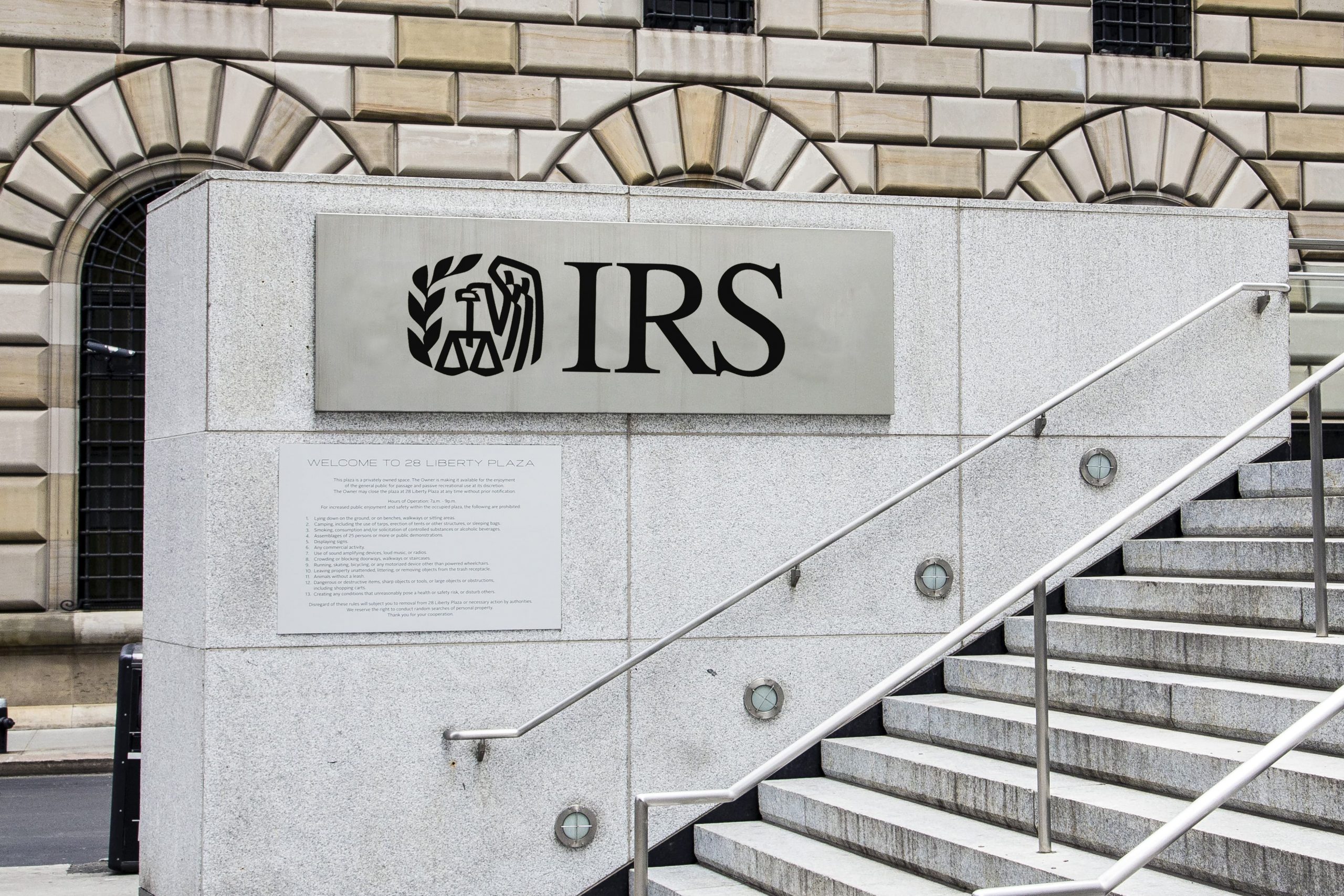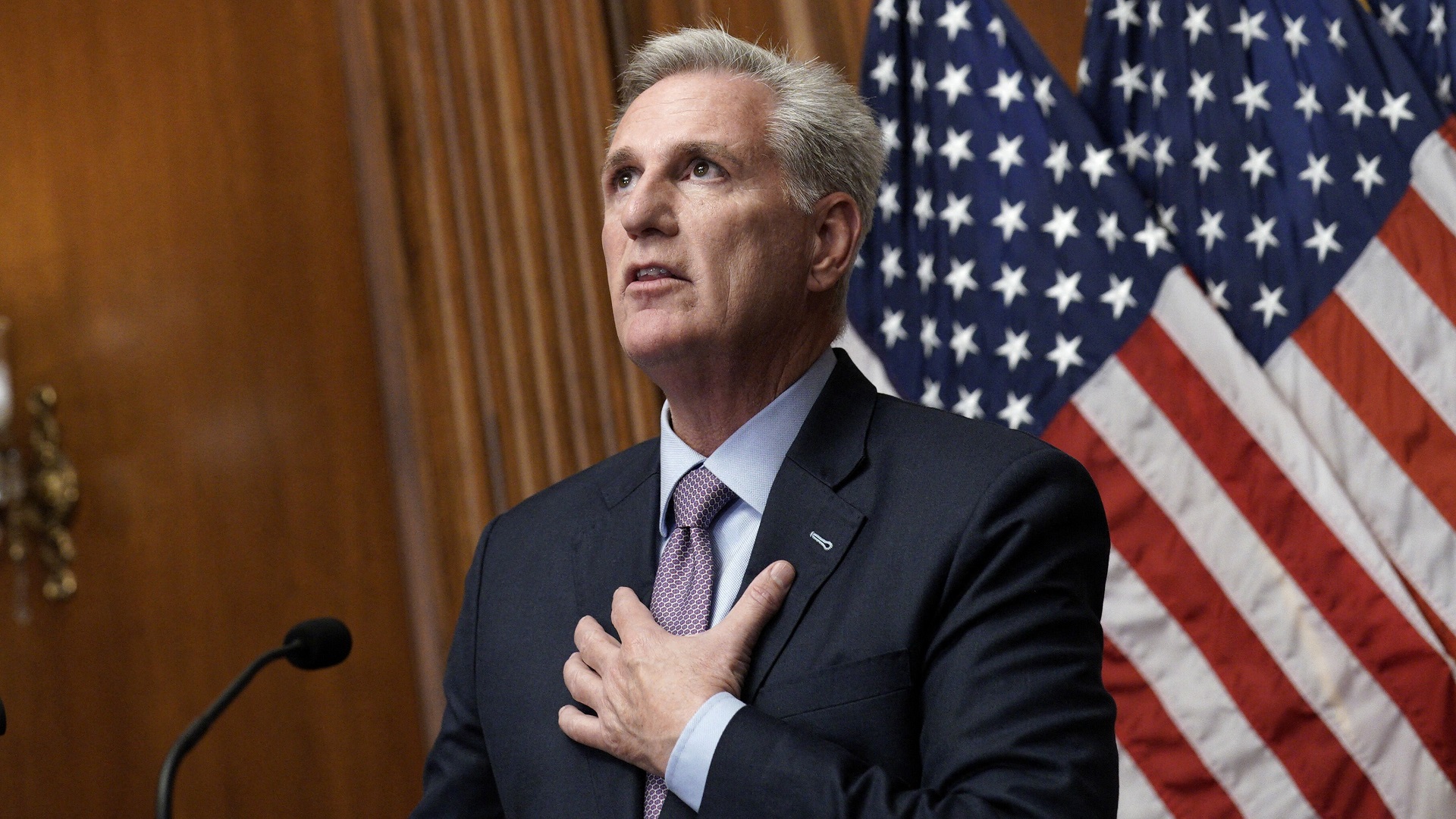



Disagreements on Capitol Hill carry significant repercussions, and the most recent dispute involving the firing of Kevin McCarthy as House Speaker may have far-reaching consequences for the stability of the US economy [cc4c6869]. According to experts, McCarthy's firing could potentially lead to a recession, raising concerns about the country's financial well-being. The article highlights the importance of being prepared and offers three ways to protect oneself in such a scenario.
Firstly, it advises individuals to bulk up their cash reserves. Having a financial cushion can help navigate unexpected expenses or income disruptions that may arise during a recession.
Secondly, the article suggests that it is crucial to stick with the market ups and downs instead of panicking and selling investments. Trying to time the market can be risky, and it is often more beneficial to stay invested for the long term.
Lastly, diversifying income streams is recommended as a means of safeguarding against economic downturns. Relying on multiple sources of income can provide stability and mitigate the impact of a recession.
While the article also mentions unrelated topics such as dark web fraud and art investing, the focus remains on the potential consequences of McCarthy's firing and the steps individuals can take to protect themselves in the face of a possible recession.
It is important to note that the article does not provide a definitive prediction of a recession but rather highlights the potential risks and offers proactive measures to mitigate them.
The White House has issued a warning against Republican efforts to dismantle the 'tremendous' Individual Retirement Accounts (IRA) [0af03115]. The White House argues that the IRA is a crucial tool for Americans to save for retirement and that any attempts to undermine it would harm middle-class families. The warning comes as Republicans are considering changes to the IRA as part of their proposed tax reform legislation. The White House's stance is in opposition to some Republicans who argue that the IRA disproportionately benefits the wealthy and should be reformed.
The potential impact of a recession on individual retirement accounts (IRAs) is a topic of concern for many Americans. While recessions can cause stock values to decline, it is important to avoid selling off investments when their value is down, as this locks in investment losses. The article emphasizes the importance of leaving IRAs alone after they lose value, as this gives them a chance to recover. It provides examples of past recessions and their impact on the stock market, highlighting the short-lived nature of the 2020 recession and its temporary impact on stock values. The article concludes by encouraging readers to prepare for future recessions by having cash reserves and not panicking during market downturns [81884926].
American businesses, especially small businesses, are vulnerable to economic shifts and have faced challenges in recent years. Nevada, in particular, has 312,700 small businesses employing 42% of the private sector workforce [0c1d8e65]. The Coalition to Preserve American Jobs (CPAJ) aims to protect small businesses and workers by preserving their access to tax credits like the Employee Retention Credit (ERC). However, the IRS has mismanaged the ERC program, resulting in tens of billions in unclaimed funds and a backlog of over 1.3 million claims yet to be processed [0c1d8e65]. The IRS has also imposed a moratorium on processing new ERC claims after September 14, 2023, and has issued contradictory and confusing guidance [0c1d8e65]. While instances of fraud in the ERC program should be pursued, the author, Steve Trollope, urges Senator Cortez Masto to lift the moratorium and ensure continued support for the ERC through an extension of the sunset [0c1d8e65].
The U.S. Chamber of Commerce will evaluate the individual policies enacted as part of the IRA based on data and their impact on economic growth and American competitiveness. The Chamber does not support the blanket continuation of all the policies in the IRA and remains concerned that the administration's economic policies may result in less economic growth and lower wages for American families [7557edab].